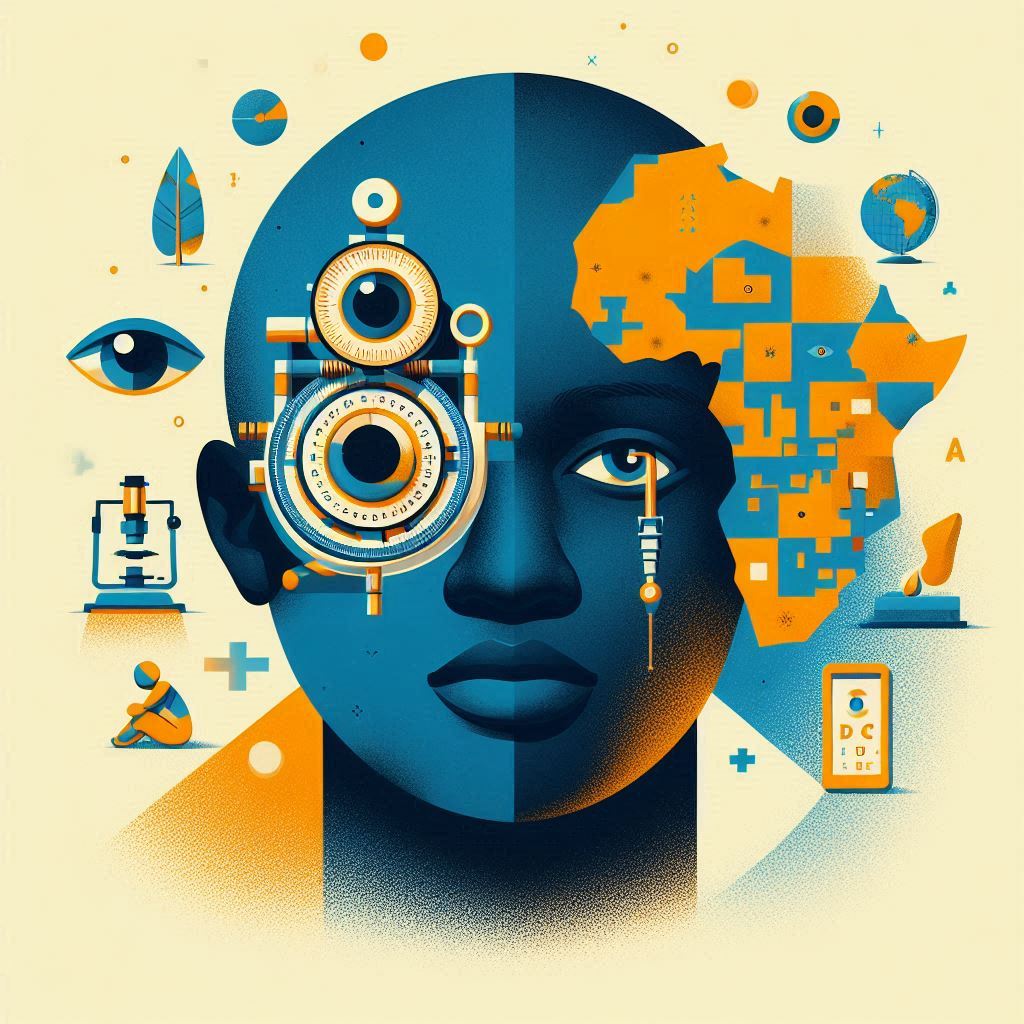
The article titled “Promising progress on eye health in the African region, but challenges remain” from the World Health Organization (WHO) Regional Office for Africa highlights several key points regarding the current state of eye health in the African region. While there has been notable progress in eye health, significant challenges remain that hinder further advancements.
Progress Made
Despite significant challenges, progress has been made in integrating eye health into primary health care services in African countries. The WHO has recorded a decrease in vision loss due to Vitamin A deficiency, onchocerciasis, and trachoma. These gains are critical for improving overall well-being and reducing the economic burden associated with preventable vision loss.
Challenges
A dire shortage of financial resources and the concentration of scarce human resources in urban areas continue to hinder eye health progress. This results in low community awareness and inadequate access to eye care services. Only 14% of people who need cataract surgery receive it, while more than 80% of those with shortsightedness do not receive treatment. This is in stark contrast to other regions like North America, Australasia, Western Europe, and the Asia-Pacific, where the figures are lower than 10%. The global estimated costs of uncorrected refractive errors and cataracts are significant, amounting to US$14.3 billion annually.
Emerging Challenges
There is a rising trend of eye health challenges related to aging populations, unhealthy lifestyles, and noncommunicable diseases such as diabetic retinopathy and age-related macular degeneration.
WHO’s Current Focus and Initiatives
The WHO is actively supporting countries to integrate eye health services at the primary care level as part of universal health coverage. This includes providing technical support to countries like Ethiopia, Ghana, Niger, Nigeria, Somalia, and Zambia through national situational analyses, strategic plans, and monitoring frameworks. The SPECS 2030 initiative aims to increase the number of people with access to appropriate spectacles, targeting an effective coverage of refractive error (eREC) of 40% by 2030. Liberia and Mozambique have begun implementing this initiative. Furthermore, the WHO has launched a free self-assessment tool called WHOeyes to promote healthy habits and raise eye care awareness. This tool is available in multiple languages and helps check visual acuity while providing educational messaging.
Economic and Social Impact
Good vision significantly impacts overall well-being, academic achievements, and economic growth. Therefore, addressing eye health challenges is crucial for broader societal benefits.
In summary, while there has been progress in reducing certain causes of blindness in Africa, significant challenges persist, including financial and human resource constraints, low community awareness, and emerging eye health issues related to noncommunicable diseases. The WHO is committed to addressing these challenges through various initiatives and support programs aimed at improving eye health in the African region.
